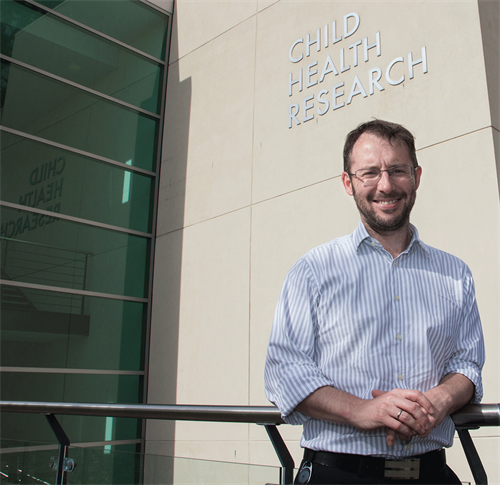Search
We present further data on vaccine efficacy (VE) against HPV-16/18 in the total vaccinated cohort including women who may have been exposed to HPV-16/18...
In adults, the unpredictability of voriconazole pharmacokinetics, particularly in those patients receiving chemotherapy, is well recognised. A paucity of...
Viral respiratory infections are associated with significant morbidity and mortality.
The authors previously reported an increased risk of hospitalisation for acute lower respiratory infection up to age 2 years in children delivered by...

Head, Vaccine Trials Group

Researchers from The Kids Research Institute Australia and Curtin University will use a $3.9 million grant from the National Health and Medical Research Council to investigate whether a type of whooping cough vaccine could provide bonus protection against food allergies and eczema.
Greater knowledge and understanding of National Human Papillomavirus vaccination appeared to promote positive attitudes towards vaccination
We aimed to explore whether newborns in high-risk areas have pre-existing pneumococcal-specific cellular immune responses that effects early acquisition.
The production of functional antipneumococcal antibodies in otitisprone children demonstrates that they respond to the current pneumococcal conjugate vaccine (PCV)and are likely to respond to pneumolysin-based vaccines as effectively as healthy children.
Assessment of the persistence of bactericidal antibodies up to 4 years after a three-dose schedule of bivalent rLP2086
